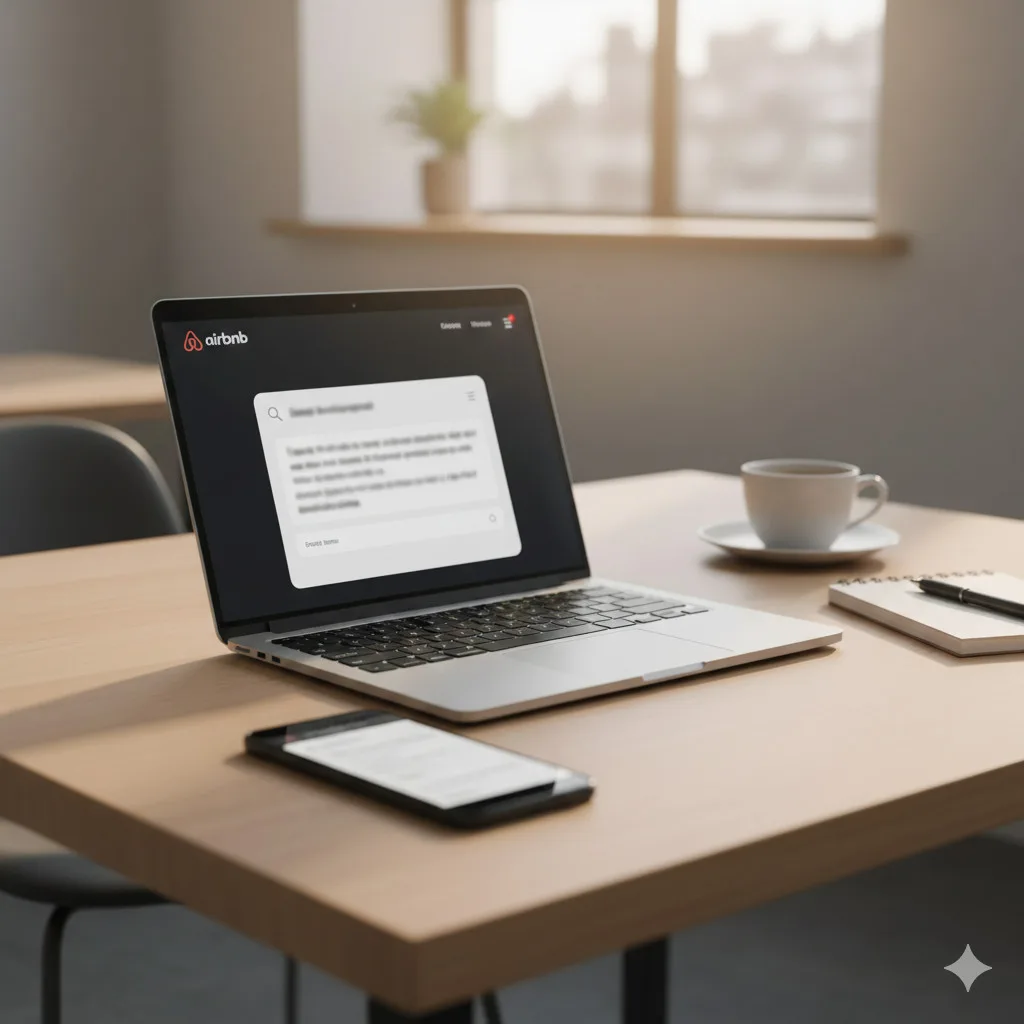When it comes to liquor sales, most customers are brand loyal. They have their favorite wines, beers, or liquors, and they don’t stray too far from those brands.
This is a key reason why liquor store inventory management is so important. In the liquor store business, if your customers’ favorite brands are out-of-stock, there’s a good chance they’ll A) not buy and go somewhere else, or B) purchase a different brand but stop visiting your store as frequently.
However, inventory management in the liquor store goes much further than eliminating out-of-stocks.
A practical solution can help you automate reordering, it will help you identify stale inventory, and improve your inventory efficiency. Effective liquor inventory management helps businesses reduce waste, drive sales, and ultimately, boost profits.
Liquor Store Inventory Management: Importance
Managing a liquor store’s inventory comes with a unique set of challenges. For one, this inventory is perishable. Wine will turn and beer will expire. Therefore, inventory efficiency is extremely important in the liquor business.
Additionally, demand changes regularly. Holidays and seasonal fluctuations can dramatically change a liquor store’s inventory needs month-to-month.
And, as mentioned, brand loyalty means having the appropriate stock of your customer’s favorite brands is vitally important. Inventory management solutions help you solve these issues by:
- Showing you your best- and worst-selling products
- Incorporating expiration dates in your inventory system
- Forecasting demand based on historical sales data
- Alerting you to low-stock items
- Automating the reordering process in your POS
With an effective liquor store inventory management system, store owners can easily deal with these unique challenges that come their way.
Benefits of Effective Liquor Store Inventory Management
Now that we’ve covered the importance of liquor store inventory management let’s learn about its specific benefits:
Increased Profit Margin
Effective inventory management has a direct and positive impact on your store’s profit margins. By avoiding overstock issues, you reduce the risk of pilferage or obsolescence of your products. Similarly, by maintaining sufficient stock levels, you can leverage sales opportunities on time. These factors, when combined, play a vital role in increasing your store’s profit margin.
Decreases Holding Costs
Holding costs include expenses related to storing and maintaining inventory, which can decrease your profits if not managed properly. These costs include rent or lease payments for storage space, utilities, security, insurance, and more. When you store excess inventory, these costs increase, affecting your store’s profit margin.
Successful inventory management reduces holding costs by optimizing inventory levels. This means that you only keep the necessary quantity of stock to meet current demands. This minimizes the financial burden related to storing excess goods. Reduced holding costs contribute to increased profit margins.
Customer Satisfaction
In the highly competitive liquor industry, delivering great customer experience is important. When you effectively manage liquor store inventory, you can consistently offer your customers their desired products. It reduces the chances of stockout issues, ensuring your customers leave your store satisfied and return for their future purchases.
Efficient Use of Resources
Inefficient inventory management can lead to a waste of valuable resources, including time and manpower. Effective inventory management streamlines these processes, allowing your team to focus more on productive tasks. Use automation and advanced inventory management software to track inventory levels in real time, predict demand patterns, and generate reports. It helps free up resources for more core business activities.
Optimized Stock Level
Effective inventory management helps liquor store owners to ensure they have sufficient quantity for each product. Maintaining optimal stock levels prevents overstocking and financial loss that occurs from spoilage, expiration, or changes in consumer preferences. It also reduces the understocking issue, which results in missed sales opportunities and dissatisfied customers.
Data-Driven Decisions
With modern liquor store inventory management systems, owners can access robust data analytics. Using this data, they can make informed decisions about the whole process of product promotion and when to reorder stock. Data-driven decisions help with efficient business operations and improved sales.
Streamline Operations
Efficient inventory management helps store owners streamline their routine operations. When they are aware of what products are in stock, their location, and shelf life, they can allocate their staff’s time more effectively. This helps reduce downtime, enhances customer service, and improves the shopping experience for customers.
Reduced Spoilage and Obsolescence
Liquor products have a shelf life, and some may become obsolete with the passage of time. Effective inventory management helps you monitor product expiration dates and identify slow-moving items before they become obsolete.
By reducing spoilage and obsolescence, you can save money and maintain a fresh and latest inventory that appeals to your customers.
Pricing Strategy
Pricing is a critical factor in the liquor retail business. Effective inventory management can help you implement better pricing strategies. By analyzing sales data and inventory turnover rates, you can identify which products are bestselling and adjust their prices accordingly.
For instance, to implement dynamic pricing, you will increase the price of items in demand and give discounts on slow-moving items to clear inventory. This strategy helps you boost your revenue and helps maintain healthy profit margins.
Business Expansion
As a liquor store grows, effective inventory management becomes even more essential. It lets owners scale routine operations efficiently by optimizing stock levels, expanding product range, and opening new store locations.
Streamlined inventory management processes make it easy to onboard new employees and ensure consistency across multiple store locations. It helps facilitate store expansion without sacrificing on the quality part or customer service.
Competitive Advantage
In a highly competitive market, liquor stores that effectively manage their inventory gain a competitive edge. When customers know they can find their preferred products consistently at your store, they are more likely to become your loyal patrons. Your reputation for reliability and variety can help you stand out in a crowded marketplace.
The Bottom Line
Effective liquor store inventory management is a pivotal element of success in the competitive retail industry. It optimizes stock levels, controls costs, improves customer experience, and ensures regulatory compliance. Liquor store owners gain increased profit margins, cash flow, and a competitive edge in the market with proper inventory management. Therefore, one should not overlook the significant benefits that successful inventory management can bring to a liquor store.






Leave a Reply